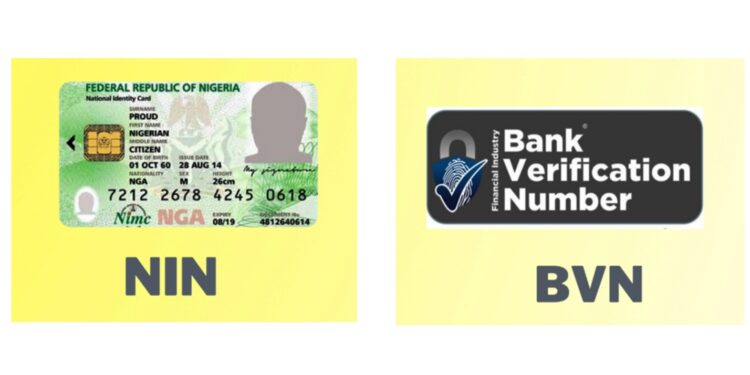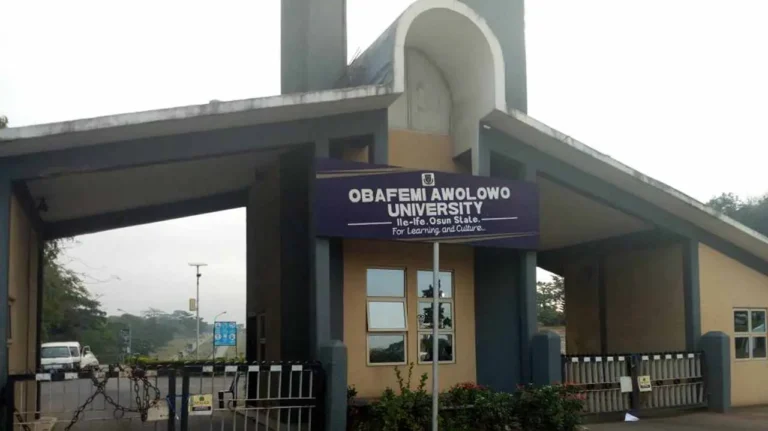
A Pan-African social enterprise, Paradigm Initiative, has raised an alarm over its discovery of National Identification Number (NIN), Bank Verification Number (BVN), and other data of Nigerians on a website for as low as N100.
According to the Group, the website AnyVerify.com.ng was discovered to be involved in the commercial distribution of personal and private data of Nigerians.
A visit to the website by Nairametrics shows that the site deals with different data of Nigerians and claims to help people verify the data.
“We provide millions of our users reliable and quickest services to verify people’s identity using their NIN, BVN, International Passport, Driving License, Voter’s Card and do much more,” the site claims.
This suggests that the website has access to the databases of all the government institutions that control the listed data, where it pulls information from.
Data privacy breach
Paradigm Initiative added that several unauthorised websites are claiming to hold and provide access to sensitive personal and financial data of Nigerian citizens “for as little as 100 Naira.”
“This alarming development presents a major breach of the fundamental rights to privacy, a breach of data privacy rights, and poses significant risks to individuals and the national economy,” the organization said in a statement.
“Due to the severe implication for millions of Nigerians, we have through our legal partners, Vindich Legal, served a pre-action notice to the following Government Agencies: National Identity Management Commission (NIMC), Nigeria Data Protection Commission (NDPC), Nigeria Immigration Service (NIS), Federal Inland Revenue Service (FIRS), Central Bank of Nigeria (CBN), Independent National Electoral Commission (INEC), Federal Road Safety Corps (FRSC) and the office of the Attorney General of the Federation (AGF),” it added.
Key concerns
Paradigm Initiative said the unauthorised access to personal data is a blatant infringement on the privacy of Nigerian citizens as the dissemination of such information could lead to identity theft, financial fraud, and other malicious activities, including data owners being targeted by burglars, kidnappers or terrorists who buy data that includes home addresses.
It added that the availability of sensitive financial data online could undermine the stability of Nigeria’s banking system.
“Fraudulent transactions and identity theft can erode public trust in financial institutions, potentially leading to a financial crisis. This is exacerbated by recent findings of huge losses suffered by financial institutions in Nigeria due to digital manipulation.
“The breach of driver’s licence information and other personal data can compromise national security. Such information can be exploited by criminal elements for unlawful activities, posing a threat to the safety and security of the nation,” organization stated.
Paradigm Initiative further added that the existence of these websites highlights significant gaps in data protection and cybersecurity measures within the country. It said this underscores the urgent need for robust data protection laws and stringent enforcement mechanisms to safeguard citizens’ data.
What you should know
Earlier in March an online publication FIJ in a report had alleged that expressverify.com, a private website, has unrestricted access to the NIN database and personal details of every registered Nigerian.
It added that the website has monetized the recovery of NINs and personal information on the Nigerian identification database.
This prompted the NIMC to restrict third-party access to its database as the NDPC launched investigations into the alleged breach. The website, expressverify.com, was also brought down.
However, the latest discovery indicates that unauthorised third parties still have access to Nigerians’ databases and not just the NIN, but BVN, Dirvers’ Licence, and International Passports, among others.


